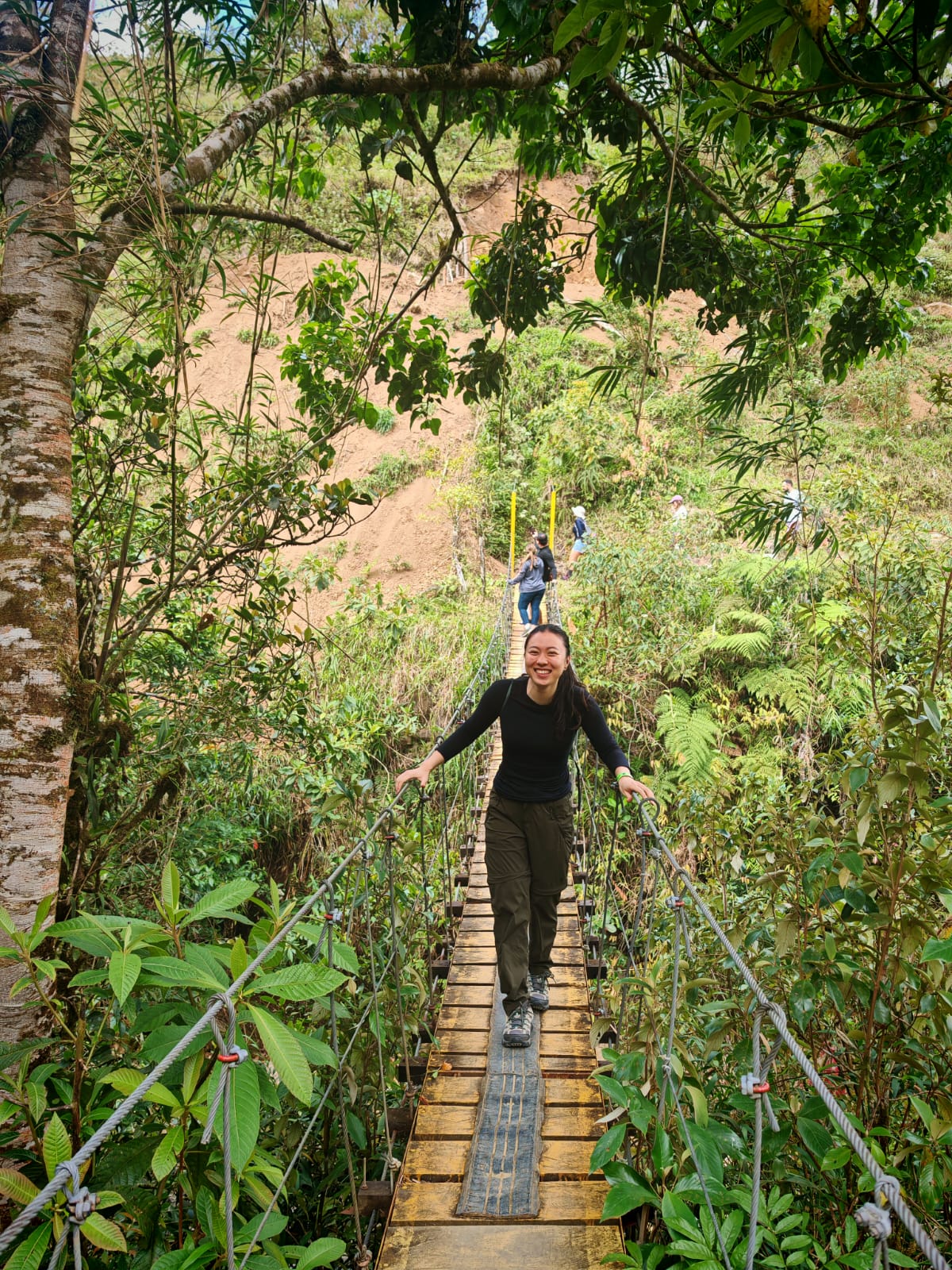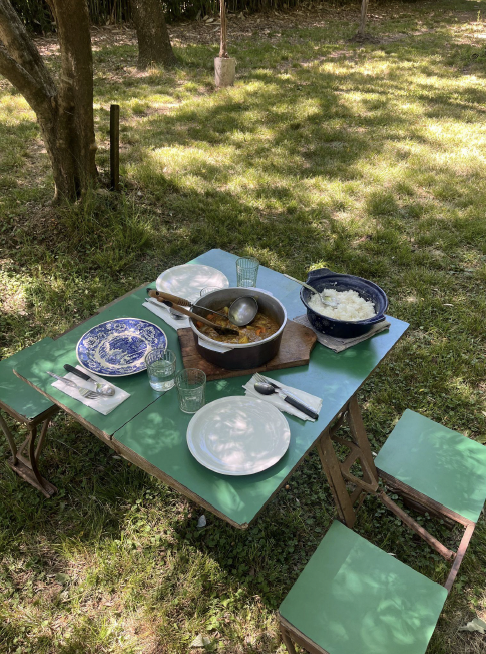Staying Culturally Connected During Study Abroad


It’s so exciting to get to know the culture of another country when you’re studying abroad—new food, new music, new people, new landscapes, new everything! But sometimes a wave of homesickness can hit you unexpectedly hard. Here are a few things I’ve been doing over the past year to feel more connected to home and my Japanese heritage while I’m in Costa Rica.
Sharing my home culture

1. Cook dishes from my country for my host family and friends. I love cooking. It’s calming after a long week of studying and working, and even better when I get to share it with others. Most of my host family and friends haven’t had authentic Japanese food, so it’s fun to introduce them to something new while sharing a part of my culture.
2. Call my family as often as I can. The time difference can make this tricky, but I try to call my mom as often as possible. Even short chats help me stay connected to their lives, even though we’re thousands of miles apart.
3. Intern remotely. I started working remotely for a Japanese startup earlier this year. It’s been a nice way to stay engaged with my culture and stay connected to Japan, while also gaining professional experience. Plus, the extra income supports me abroad.
4. Listen to music from home. I love exchanging music with friends. I share songs from Japan, and they share their favorites, too. It’s a fun way to stay in touch with my roots while learning more about others.
5. Taste the Costa Rica version of Japanese food. It’s fascinating to see how Japanese food is adapted in other countries. I was surprised when a friend here told me they put plantains on sushi! It’s a playful way to see how cultures blend and reinterpret traditions.
6. Visit a cultural fair. Some universities or cities host cultural events and festivals, and they’re a great opportunity to celebrate and share your heritage.
Feeling homesick is normal and having a few ways to stay connected to home can make all the difference.
Chihiro T. | Kenyon College | Universidad National Partnership | Spring 2025